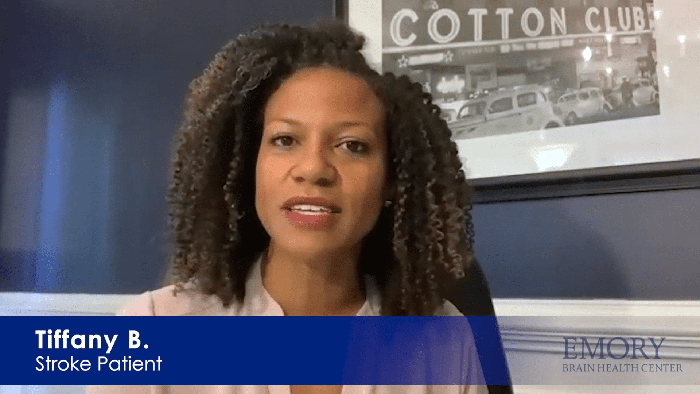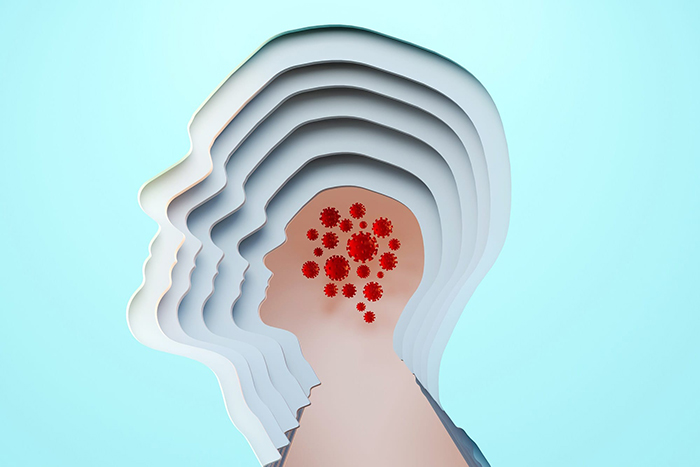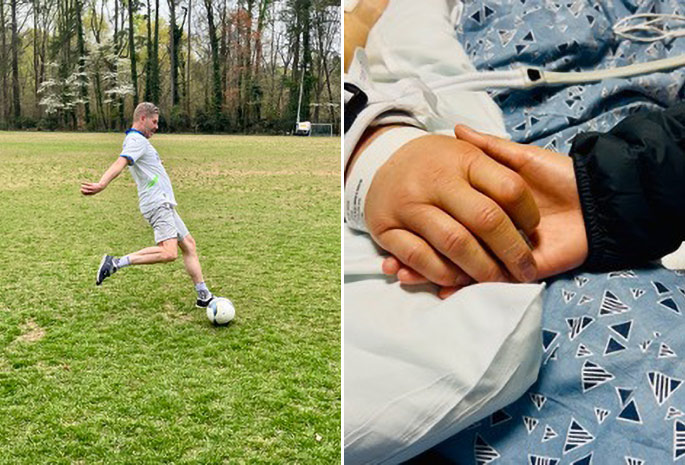I remember it like it was yesterday. Just before 7 p.m. on August 5, 2018, I was sitting in my living room, watching TV with my wife and son, when the sound of the TV faded away and was replaced by what sounded like the buzz of a thousand bees deep inside my right ear. The buzzing only lasted a few seconds but was followed with all-consuming dizziness and nausea. I was having a cerebellar stroke.
What Is a Cerebellar Stroke?
A cerebellar stroke occurs when there’s a lack of blood flow to the part of the brain (cerebellum) that helps with body movement, eye movement, and balance. They’re most commonly caused by blood clots, like mine was, but can also be caused by trauma.
Cerebellar strokes account for only about 10 percent of all strokes and are not easy to diagnose. They’re often mistaken as migraines, gastritis, meningitis or even inner ear infections. Without a quick and accurate diagnosis, cerebellar strokes can be severely debilitating — even life-threatening.
Luckily for me, Fadi Nahab, MD, stroke quality director for the Emory Healthcare Stroke Program, was able to identify what was happening to me. After looking over my MRI from the night of the stroke, Dr. Nahab told me that I’d actually had two strokes. He saw evidence of not only the cerebellar stroke but also of an earlier episode closer to the front of my brain. At some point, it seems, I’d had some type of minor stroke, probably while sleeping. I have no memory of it, but I learned there’s something called a silent stroke, which often has no symptoms but still causes damage to brain tissue. He was concerned that my heart may have been the cause of the stroke and recommended a small implantable cardiac monitor which soon detected an irregular heart rhythm called atrial fibrillation. As a result, I was able to get on the right treatment for me and have avoided any future strokes.




